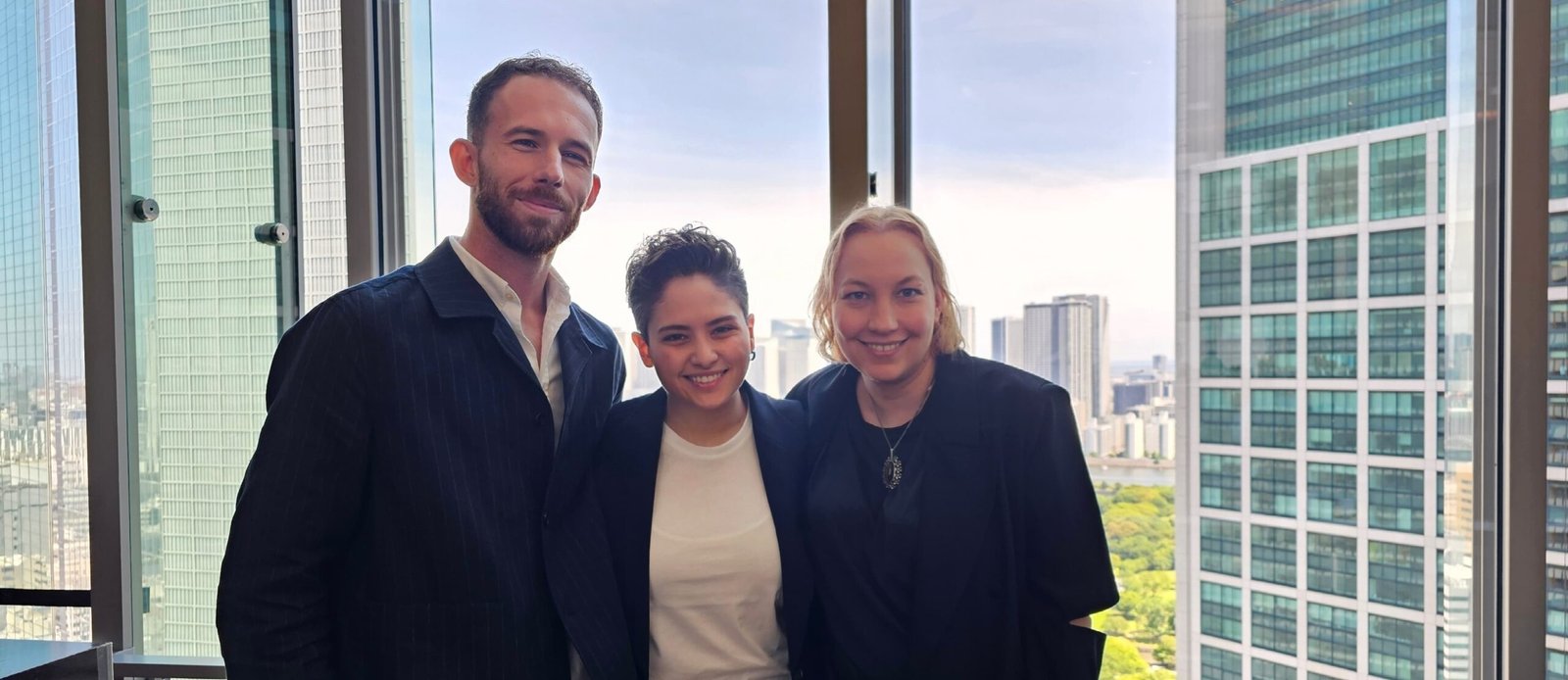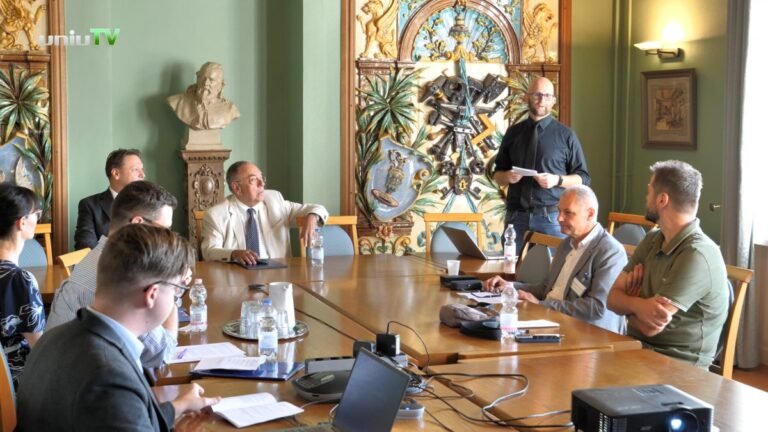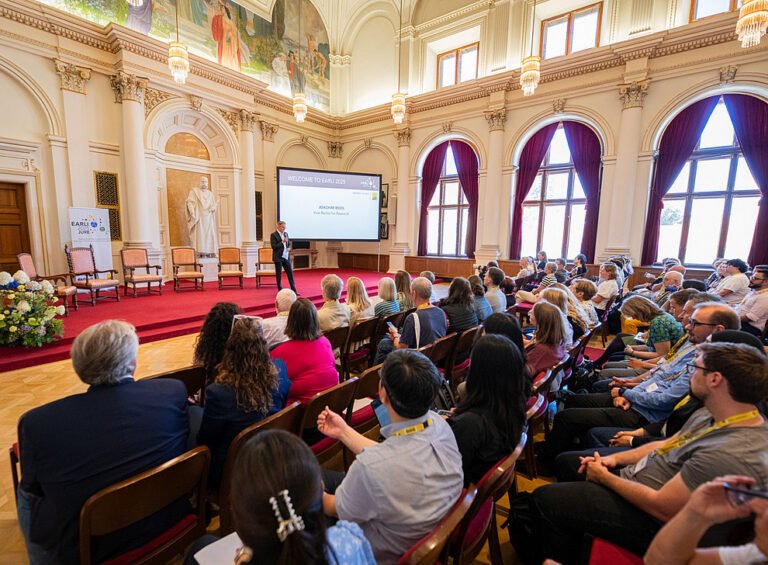
The University of Vaasa played a central role in this year’s Wasa Future Festival, by bringing forward bold initiatives, new collaborations, and thought-provoking discussions on Finland’s future in investment, energy transition, resilience, and innovation. The festival gathered ministers, academics, business leaders, and international experts in Vaasa, making it one of the most significant future-focused events in the country.
The University of Vaasa’s week-long programme featured panel discussions, workshops, and roundtables that not only addressed pressing challenges but also proposed concrete solutions. Rector Minna Martikainen underscored the role of universities as catalysts for innovation and economic resilience.
Finland as a Leading Investment Destination
One of the highlights was Thursday’s investment panel, where Martikainen announced the establishment of Investment Hub Finland, a new platform initiated by the University of Vaasa to unite companies, public institutions, financiers, investors, and researchers. The hub aims to strengthen Finland’s competitiveness as an investment destination and foster new growth opportunities.
Minister Joakim Strand welcomed the initiative, emphasizing that Finland must combine traditional investment promotion with strong research, development, and innovation (RDI) activities. Deputy CEO Jonna Ryhänen from Elo noted the challenges posed by current economic conditions but predicted a revival of investment as interest rates begin to fall. Other panellists included Markku Kivistö from Business Finland and Olli Sipilä, CEO of Gasgrid Finland, who discussed Finland’s industrial strengths and future opportunities.
Energy transition and the Vaasa Energy Transition Valley
Earlier in the week, the University Day, organised by the University of Vaasa, focused on how Finland could lead in the global energy transition. A key part of this discussion was the Vaasa Energy Transition Valley, a joint initiative between the university and the region’s energy technology cluster. The project seeks to build research infrastructure, expand doctoral education, and strengthen business collaboration in green energy.
Panelists stressed the importance of expertise, test environments, and attracting international talent. Dean Raine Hermans highlighted critical value chains, while Shekhar Kubal of Danfoss pointed to industrial collaboration. Verne Hartikainen of Epec emphasized opportunities in machine electrification, and Matias Mäkynen, Member of Parliament, called for Finland to strengthen its international platforms and talent strategies.
Universities in the fight against climate change
The Thought Leaders Round Table: Energy Transition for Climate Action gathered higher education leaders from multiple countries. Discussions emphasized that universities must act not only through research and education but also by rethinking their own structures to reduce emissions. Rector Martikainen underlined that deeper collaboration across disciplines and sectors is vital for climate action.
Resilience, AI, and future-proof business
Other panels included Resilient Society, which focused on city–university collaboration, regional preparedness, and building trust in local partnerships. Experts such as Professor Sampo Ruoppila, Mayor Tomas Häyry, and Professor Marko Kohtamäki emphasized joint investments and the role of AI in strengthening ecosystems.
The AI2Business panel looked at how artificial intelligence can transform business models. Experts highlighted AI’s role in leadership, traffic planning, energy systems, and product development. Professor Pekka Koponen stressed the urgent need to integrate AI literacy into education across all fields to prepare for employment shifts.
Science meets art – The Butterfly exhibition
In addition to academic and business discussions, the University of Vaasa and Deakin University jointly launched the international Butterfly exhibition, which explores the intersection of science, art, and technology. Held at the Wasa Innovation Center’s Catacombs, the exhibition attracted nearly 200 visitors on its opening night, including Minister of Education Anders Adlercreutz. The exhibition will remain open until 31 August 2025.
The University of Vaasa’s strong presence at Wasa Future Festival highlighted its commitment to addressing societal challenges, strengthening Finland’s global competitiveness, and shaping a sustainable future through research, innovation, and cultural collaboration.
Source: University of Vaasa





